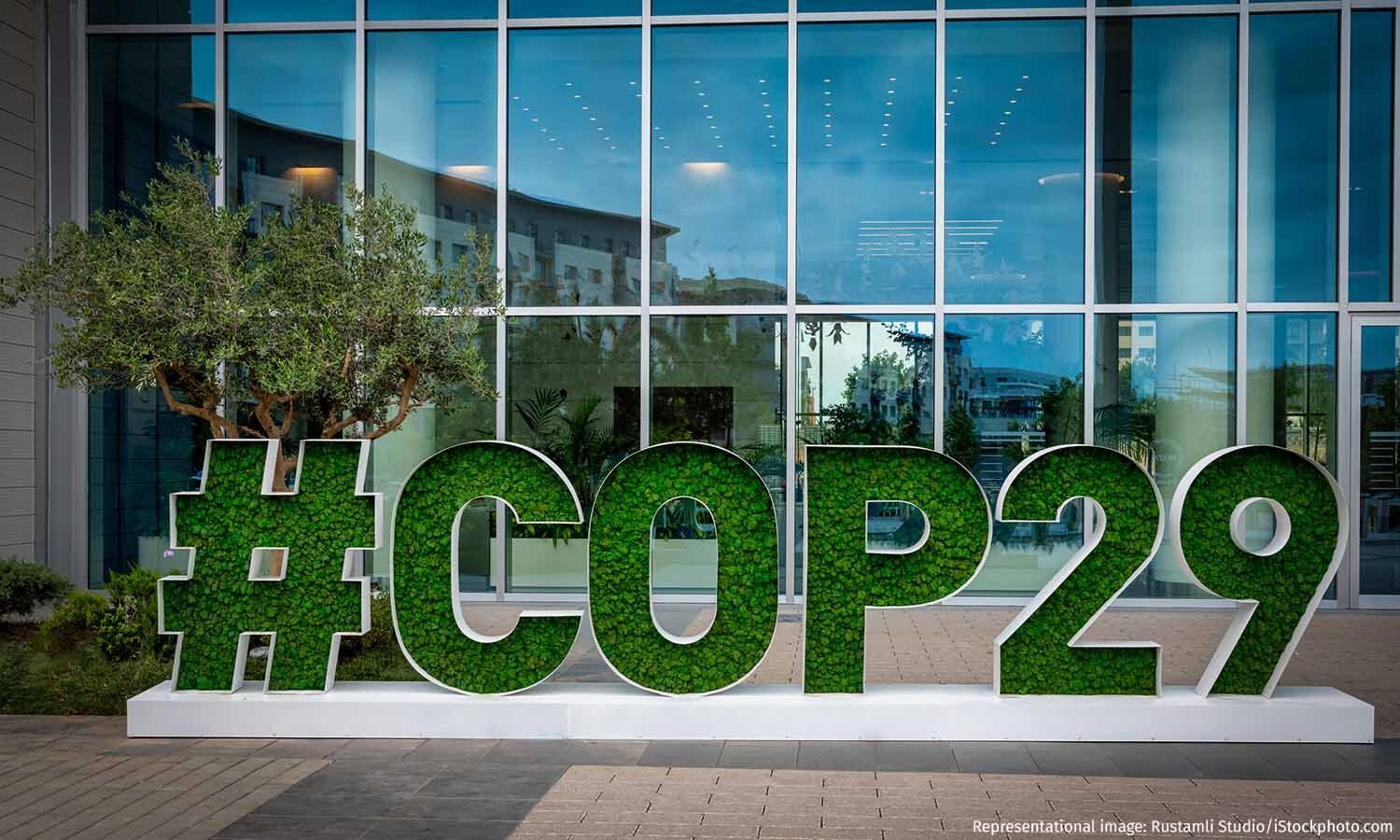Here's a summary of the key points:

Main Issues:
- Lack of ambition: The new Nationally Determined Contributions (NDCs) submitted by countries at COP29 fall short of what is needed to address climate change.
- No phase-out plan for fossil fuels: Most countries do not have a clear plan to phase out fossil fuels, despite recognizing their contribution to greenhouse gas emissions.
- Ambition gap: The ambition level of NDCs submitted by developed countries does not match the scale and magnitude of the challenge required to limit global warming to 1.5°C.
Countries' contributions:
- UAE: Emits 47% less greenhouse gases than in 2019, but lacks a plan to phase out fossil fuels.
- Brazil: Has an economy-wide target to reduce emissions by 67-59% below 2005 levels by 2035, which may not be enough to achieve climate neutrality.
- UK: Aims to reduce all greenhouse gas emissions by at least 81% compared to 1990 levels by 2035.
Key Recommendations:
- Developed countries should lead the way: They must set more ambitious targets and have a clear plan to phase out fossil fuels.
- Global leaders need to reaffirm their commitment: To the energy package agreed at COP28, including plans for full power sector decarbonisation by 2035.
- Need for sectoral targets: Wealthy countries should include explicit targets for phasing out all fossil fuels by mid-century.
Urgency:
- NDCs 3.0 are our last chance to avoid overshooting 1.5°C: According to UNEP Executive Director Inger Andersen.
- Developing countries' growth needs must be accommodated: while achieving more ambitious targets than currently submitted.
These key issues, contributions from various countries, and recommendations highlight the urgent need for stronger, more coordinated global action on climate change reduction, particularly from developed countries.
